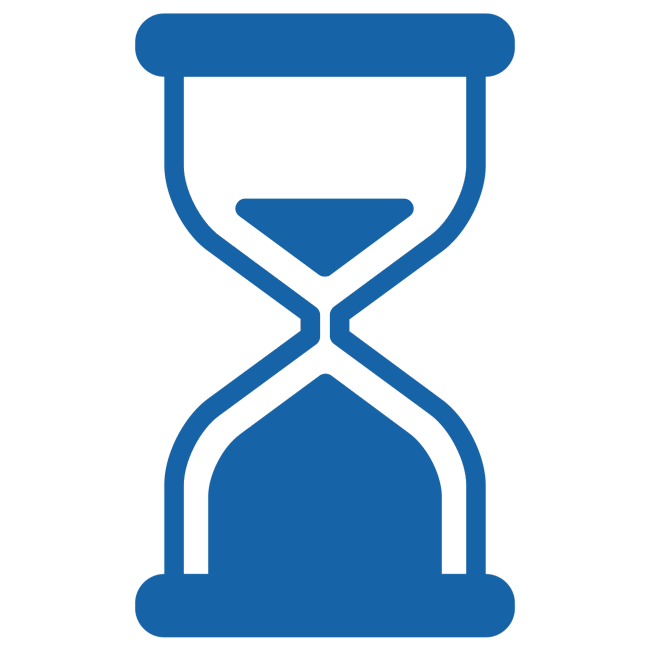Medical coding and its importance
Medical coding is mostly used to make sure insurance companies pay and process claims accurately, but it is also useful for research and basic patient medical record-keeping.
One of the most crucial components of the healthcare sector is medical coding. It is in charge of converting patient data into a language that insurance companies and other medical specialists can understand.
Bill generation software and payment tracking software both use this data. The Affordable Care Act has made medical coding even more crucial in recent years. Medical coders will become even more essential to the future of healthcare as healthcare reform continues to take hold.


Valued at $15.2 billion in 2019, the global medical coding market is projected to witness a CAGR of 9.6% during the forecast period (2020–2030).
The governments of the United Arab Emirates have both enforced the use of standard medical codes as part of providers’ electronic claim processing. Medical coding services are essential for correctly cataloguing the medical services provided by the practice and for converting those services into billable items.
There is a dire need for the skills and expertise of medical coders. AAPC’s mission is to help support the needs of our members, regardless of their geography, so we aim to continue to expand our international effort and growth and continue to comply to AAPC’s standard format of medical coding and billing.
Medical Coding Training
Introduction to
Medical Coding
CPC
Training
HCC
Coding
CCP
Coding
CIC
Pathophysiology
Anatomy
HCPCS
Medical Terminology
Course
AAPC Certification
Practice
COS
Fundamentals of Medicine Course
Difference between Medical Billing & Medical coding ?
Medical coding
- Medical coding is the process of converting diagnosis
- Treatment and procedures into standardized codes that can be used by healthcare providers
- Government agencies and insurance companies.
- Coding ensures that the procedures are recorded accurately to deliver quality care to patients.
- Medical coding helps translate medical procedures into standardized codes.
Medical billing
- Medical billing is the process of submitting and following up on claims with insurance companies to receive payments for services provided to the patients.
- Billing helps the providers receive proper reimbursement for the services given.
- This in turn helps in maintaining financial stability.
- Medical billing helps submit claims and receive the payment for the medical services provided.
BENEFITS
- Software Navigation
- Hands on Practice
- On job training
- Working on provider collection

Training Duration
100 Hr Training

training length
6 Weeks

Placement
Job Guarantee
Clinical Coding Professional (CCP) is a new certification that has been localized to markets including Bahrain (CCP-BH) and Saudi Arabia (CCP-KSA), both based on the Australian classification.
KSA’s healthcare system was about to embark on a new path as the Ministry of Health (MOH) began planning to privatize the healthcare sector and required a localized process to enhance its healthcare system. This change also required the creation of a national coding system where the Council of Health Insurance (CHI) and the Saudi Health Council (SHC) were brought in to implement coding requirements for the new private system.
In the Kingdom of Saudi Arabia, medical coding is increasingly acquiring an important role in the provision and billing of medical services. As the medical coding industry expands, so does the demand for trained and certified personnel to perform clinical coding responsibilities. Gencare Academy is providing a training and AAPC certification program to help satisfy this requirement.
The Clinical Coding Professional Certification (CCP-KSA) is a comprehensive course designed to provide medical coders with the specific job skills and knowledge required for success in basic medical coding in both inpatient and outpatient settings in the Saudi Arabia healthcare market.
